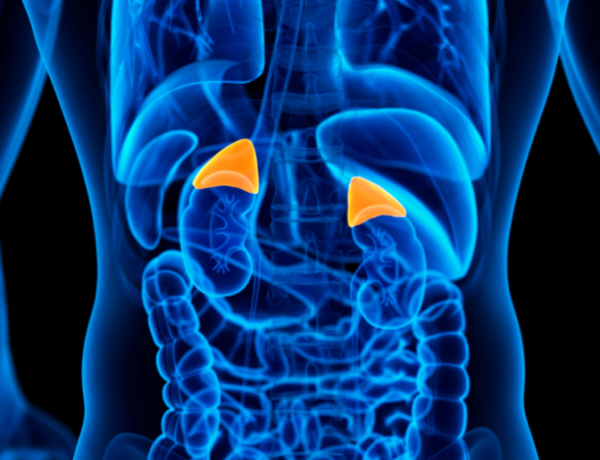Sugar is one of the five flavors (sour, bitter, sweet, salty, umami); breast milk is sweet, so it is part of nature, but then why would it be so bad for our health?
The first reason is that sugar is present in too many foods (salad dressing or bread rolls for example), and in different forms. These different forms of sugar are often highly processed, and have nothing to do with healthy food. This is why I call sugar “Public Enemy No. 1”.
Beatrice is very through in her intake and practical in her approach of treatment. She does her research “homework” and has many happy clients who follow her guidelines. TRUST !!!
Beverly Sigourney
One of the biggest example is high fructose corn syrup issued from GMO wheat or corn. There is of course white sugar, which is extracted from sugar beets (GMO) and sugar cane (GMO), which is then refined and bleached. Brown sugar (or Cassonade) is also extracted from sugar cane or sugar beet, the only difference is that it is not bleached, so this makes very little difference from white sugar.
The only acceptable sugars that you can use sparingly are unrefined sugars, either from sugar cane (not genetically modified), therefore rich in minerals, such as Rapadura sugar, or molasses, honey, and maple syrup if they are not heated, refined or pasteurised.
It is important to know that all these sugars, even natural and of good quality, have however a rather high glycemic index, and induce a significant secretion of insulin. Insulin is a hormone that transports sugar and stores it in the muscles, liver or fatty tissue. Therefore, diabetics or pre-diabetics should be careful not to consume sugars, even if they are the unrefined kind.

What are the harmful effects of sugar on your health?
- Increased insulin: when insulin rises, it contributes to fat storage; it raises cortisol, which leads to disorders such as depression, anxiety, panic attacks, insomnia, and/or hyperactivity. Insulin increases appetite, especially for sugar. It also increases leptin resistance, which is a satiety hormone. It makes the blood sticky, which leads to cardiovascular diseases. It stimulates cancer cells, inflammation, and oxidative stress, which plays a role in Alzheimer’s disease.
- Induces inflammation: “the two biggest causes of inflammation in the 21st century are sugars (including carbohydrates) and food intolerances (especially gluten)” – Dr. Mark Hyman.
- Faster ageing: Cells that clump together prevent proper circulation and nutrition to the tissues. The body is malnourished, lacks oxygen, and becomes weakened.
- Effects on the brain: Alzheimer’s disease is also called Type 3 diabetes.
- Depression, anxiety, insomnia, OCD, hyperactivity, Parkinson’s disease and dementia are all linked to high blood sugar.
- Obesity: due to overconsumption of “hidden” sugars and insulin resistance.
- Cardiovascular diseases: sugar is a major irritant for the arteries, which creates plaque and lead to heart attacks and/or strokes.
- Diabetes: Type 2 diabetes is totally linked to obesity and excessive consumption of sugars, sweeteners, and carbohydrates (especially refined).

What can you do to avoid developing diabetes/too much sugar?
Nutrition is of most importance: Eating three times a day, every day, has the most impact on your health! Reduce sugar and carbohydrates; increase fats (butter, cheese, duck and goose fat, olive oil), avocados, fatty fish, and quality pasture-raised meats; eat vegetables, eggs, and only a few fruits (because fruit is still a form of sugar).
Get moving: Exercise, walking, gardening, etc. allow your muscles to use the sugar you consume.
Avoid hypoglycemia, which fatigues the pancreas and leads to diabetes later on.
Take care of your liver: The liver converts sugar into glycogen and stores it. Glycogen is secreted by the liver when needed (at night, and between meals).
Some supplements can help you regulate your sugar level: chromium, vanadium, zinc, lipoic acid, carnitine, CoQ10, cod liver oil, magnesium, B vitamins, etc. This plant, called Gymnema Sylvestris reduces the desire for sugar… but no supplement will ever replace a low-sugar, low-carb diet! It is the key to your longevity, your weight, and your health in general.










No Comments